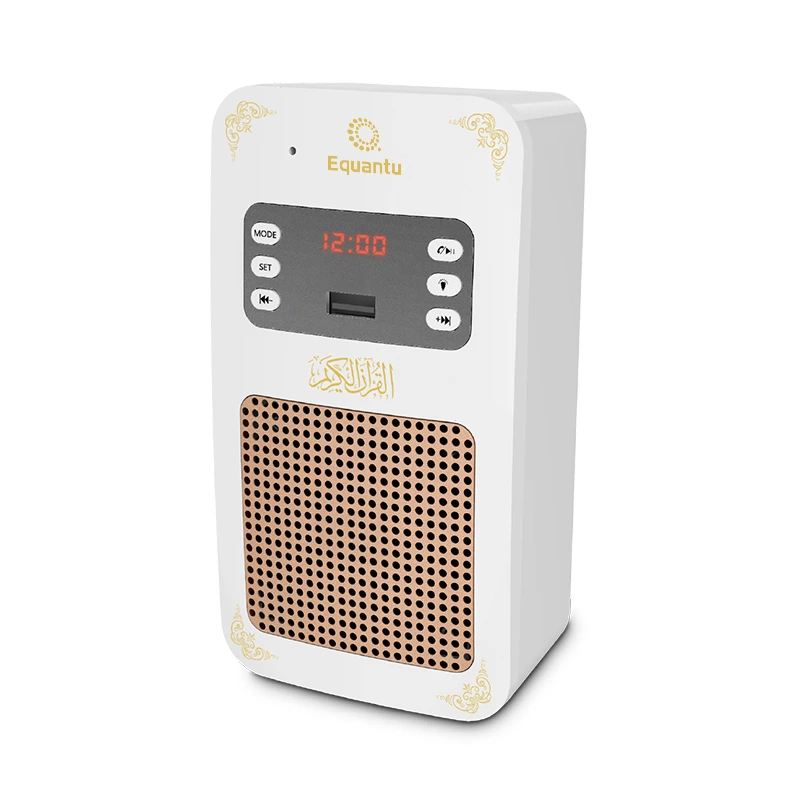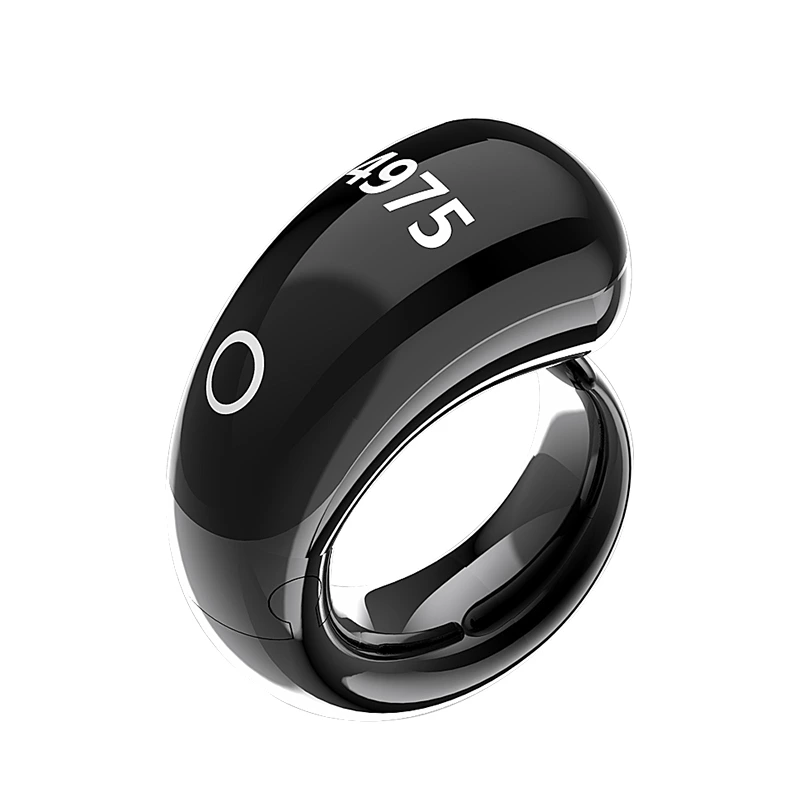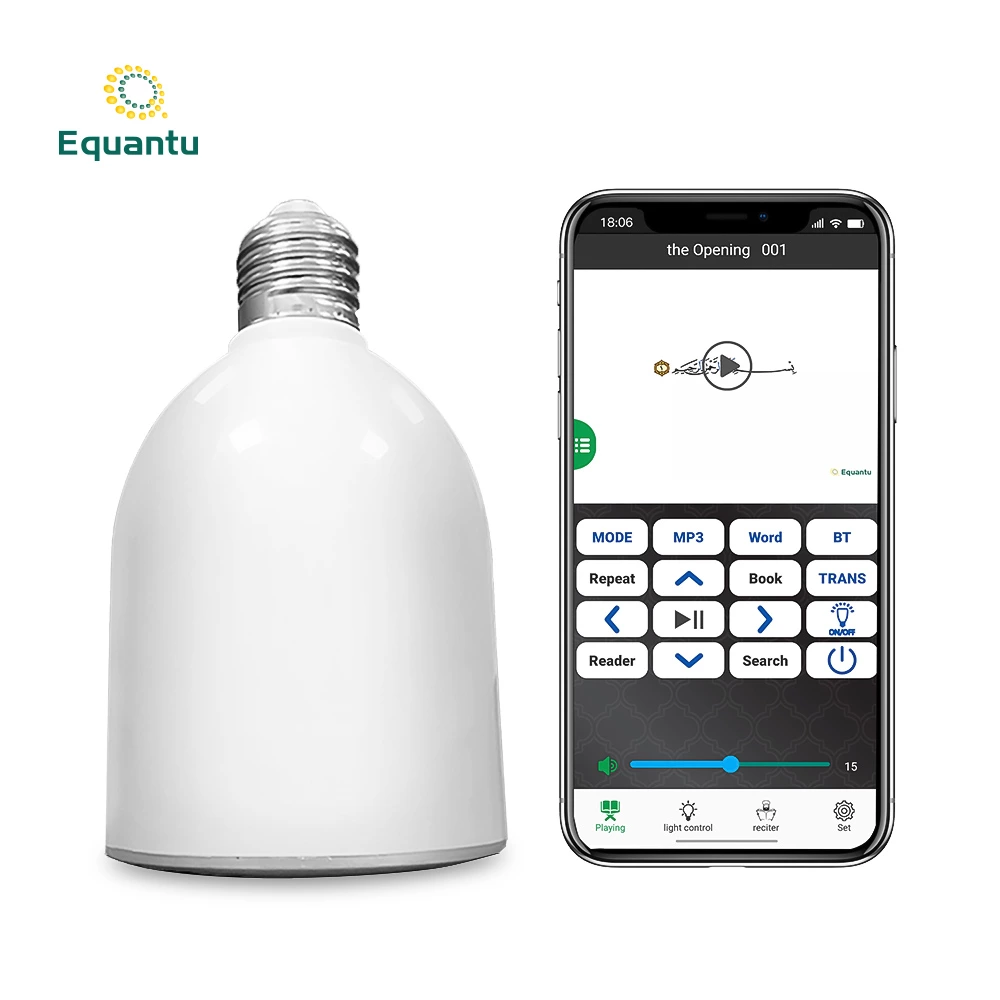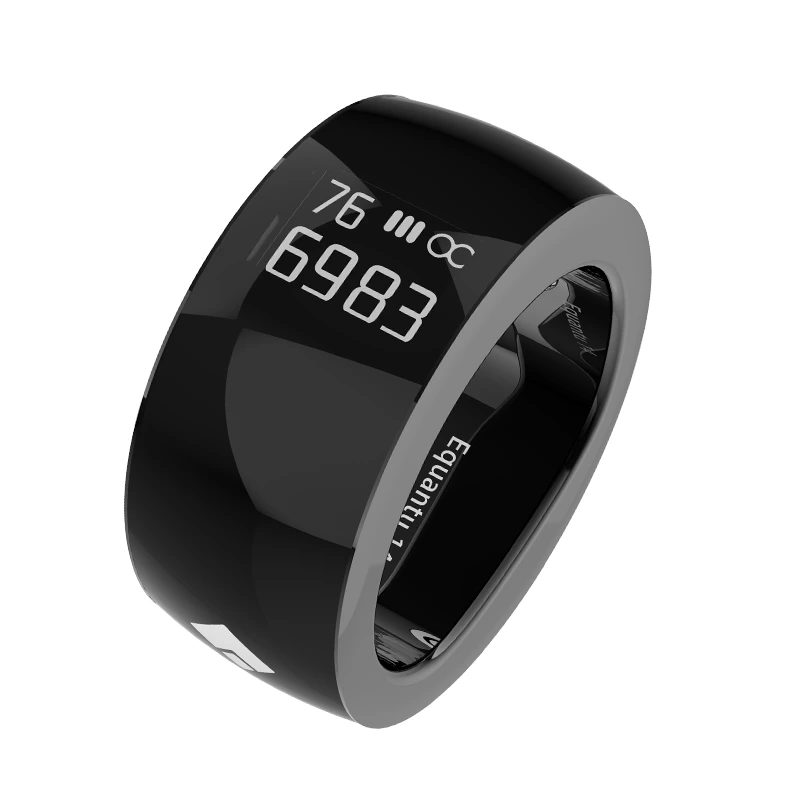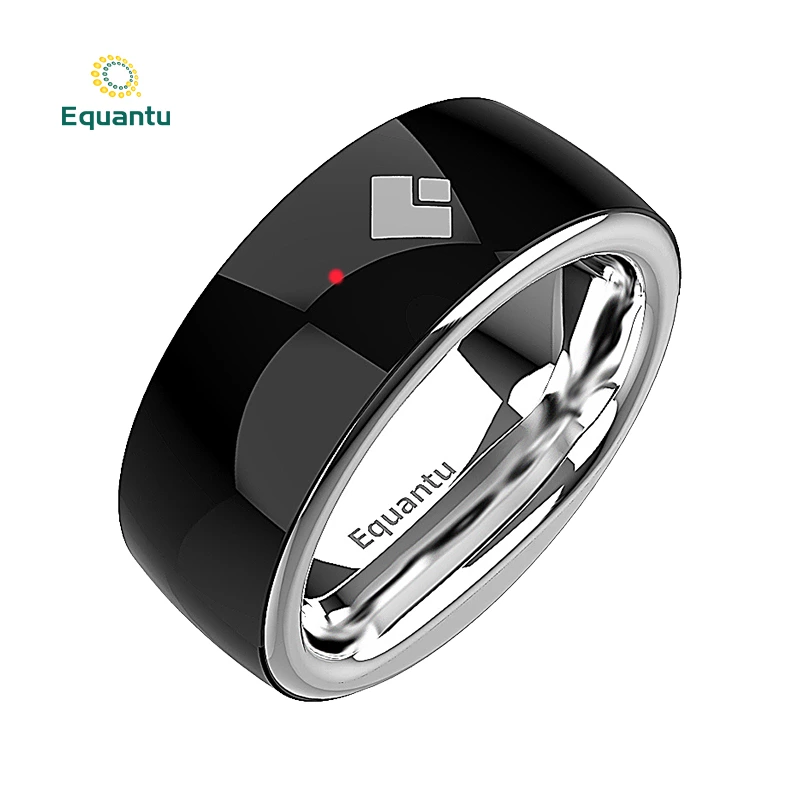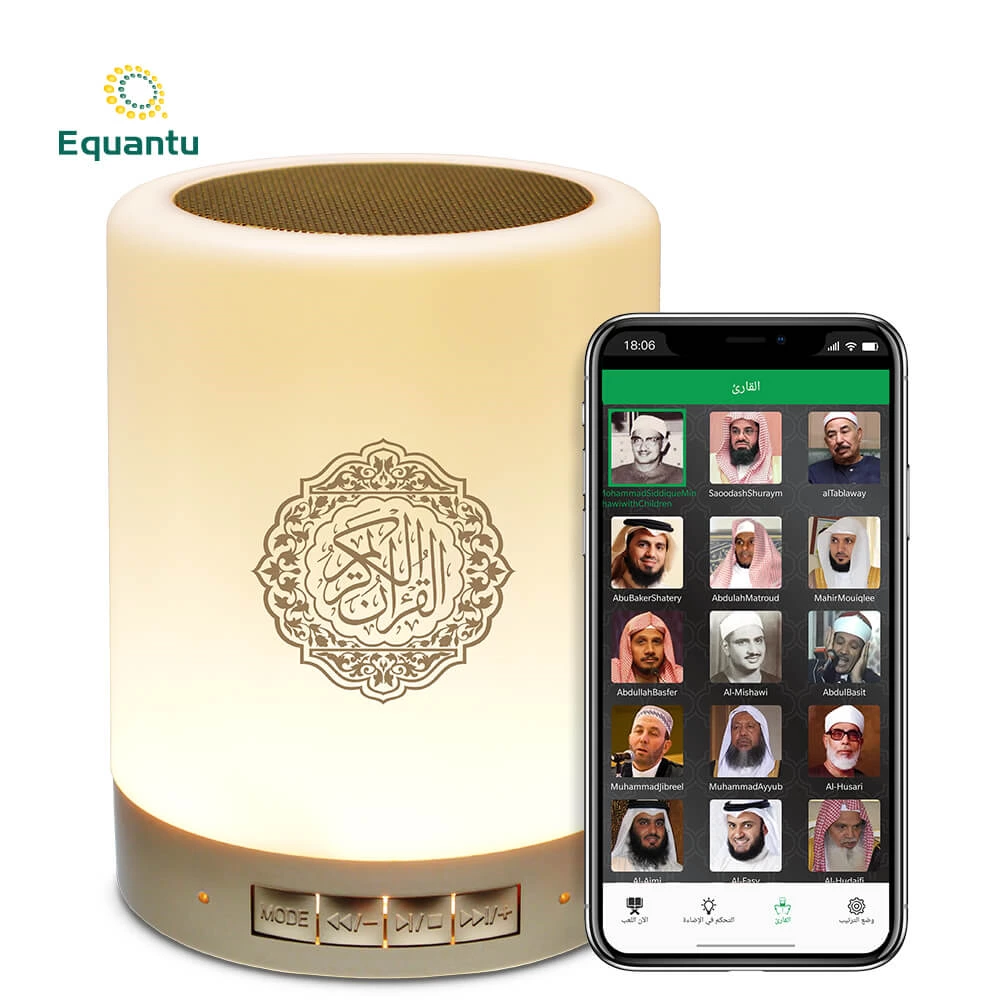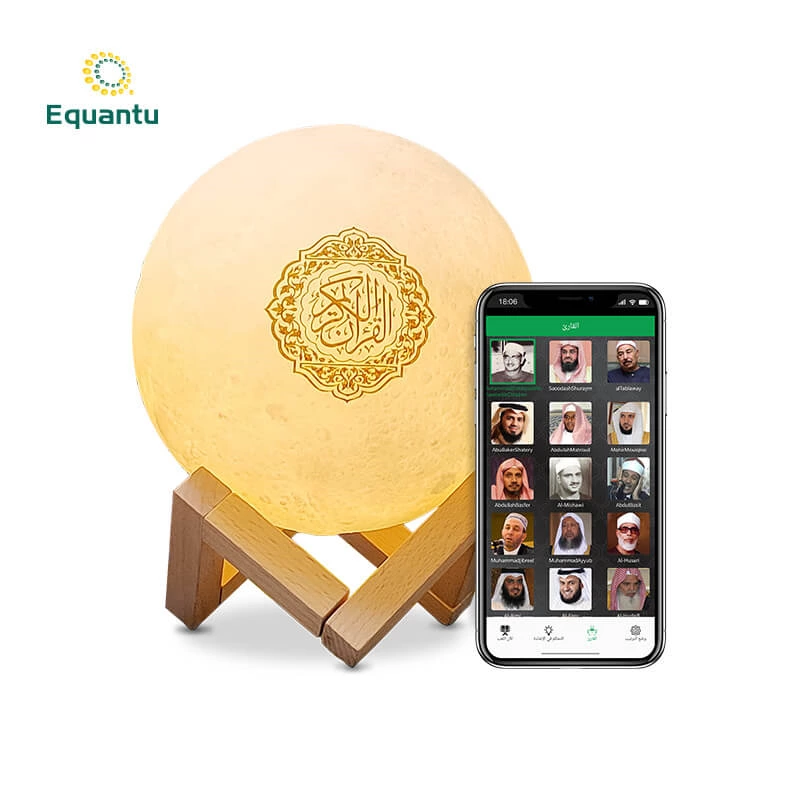Factors Driving the Growth of the Halal Market
Expanding Muslim Population
The Muslim population is projected to reach nearly 3 billion by 2060, making up about 31% of the global population. This demographic growth fuels the demand for halal-certified products across various sectors, from food and beverages to personal care and electronics.
Increased Consumer Awareness
Muslim consumers are becoming more discerning about the products they purchase, seeking assurance of halal compliance. This heightened awareness drives the demand for transparent and credible halal certification, encouraging businesses to adopt halal standards to meet consumer expectations.
Globalization and Trade
As international trade expands, the availability of halal-certified products increases. Businesses are recognizing the potential of exporting halal products to Muslim-majority countries and regions with significant Muslim populations, thereby tapping into new markets and revenue streams.
Diverse Product Offerings
The halal market is no longer limited to traditional food products. It encompasses a wide range of categories, including cosmetics, pharmaceuticals, fashion, travel, and even electronics. Modern Islamic products like Quran speakers and Zikr rings are part of this expanding spectrum, catering to the spiritual and everyday needs of Muslims.
Technological Advancements
Innovations in technology have streamlined the halal certification process and improved supply chain transparency. Digital tools and traceability systems make it easier for businesses to achieve and maintain halal certification, enhancing their ability to meet the growing demand for halal products.
Benefits for Businesses Offering Halal-Certified Products
Market Expansion
Halal certification opens doors to a vast and growing market, enabling businesses to reach millions of Muslim consumers worldwide. This expansion is particularly beneficial for niche products like Quran speakers and Zikr rings, which cater to specific spiritual needs.
Enhanced Brand Reputation
Achieving halal certification signals a commitment to quality, safety, and ethical standards. This enhances brand reputation and builds trust among consumers, fostering loyalty and encouraging repeat business.
Competitive Advantage
In a competitive marketplace, halal certification differentiates products, making them more attractive to consumers seeking religious compliance. This advantage can lead to increased market share and higher sales.
Regulatory Compliance
In many countries, halal certification is a regulatory requirement for selling certain products. Obtaining certification ensures compliance with local laws, avoiding potential legal issues and facilitating smoother market entry.
Consumer Trust and Loyalty
Halal certification provides consumers with confidence in the authenticity and compliance of the products they purchase. This trust translates into customer loyalty, as consumers are more likely to return to brands that meet their religious and ethical standards.
Implications for Quran Speakers and Zikr Rings
Modern Islamic products like Quran speakers and Zikr rings are well-positioned to benefit from the growing halal market. These products serve specific spiritual functions and are integral to daily worship practices, making halal certification highly relevant.
Quran Speakers: Halal certification ensures that the materials and electronics used are permissible and free from haram substances. This certification enhances the product's appeal, assuring consumers of its spiritual integrity and ethical production.
Zikr Rings: Halal certification for Zikr rings involves verifying that the metals and any additional materials are halal and that the manufacturing process adheres to ethical standards. This assurance makes the rings not only stylish accessories but also trustworthy spiritual tools.
Strategies to Capitalize on the Growing Halal Market
Obtain Halal Certification
Securing halal certification from a recognized body is essential for accessing the halal market. Ensure that your products, including Quran speakers and Zikr rings, meet all halal requirements and undergo the necessary certification processes.
Market Halal Credentials
Highlight halal certification in your marketing materials to attract Muslim consumers. Use certification logos and badges on packaging, websites, and promotional content to emphasize your commitment to halal standards.
Expand Product Range
Diversify your product offerings to include a variety of halal-certified items. This approach caters to different consumer needs and preferences, increasing your market reach and revenue potential.
Leverage Digital Marketing
Utilize digital marketing strategies to reach a global audience. Social media, search engine optimization (SEO), and e-commerce platforms can help promote your halal-certified products to Muslim consumers worldwide.
Engage with the Muslim Community
Build relationships with Muslim communities and organizations to understand their needs and preferences better. Engaging with the community fosters trust and loyalty, enhancing the success of your halal-certified products.
Conclusion
The growing market for halal-certified products presents significant opportunities for businesses offering modern Islamic items like Quran speakers and Zikr rings. By understanding the factors driving this growth and implementing strategies to capitalize on these opportunities, businesses can expand their market presence, enhance their brand reputation, and meet the spiritual and ethical needs of Muslim consumers. Halal certification is not just a compliance requirement; it is a gateway to building trust, loyalty, and long-term success in the global marketplace.

